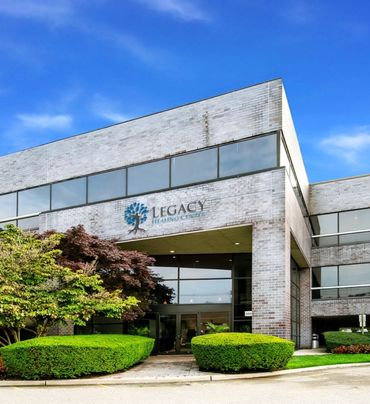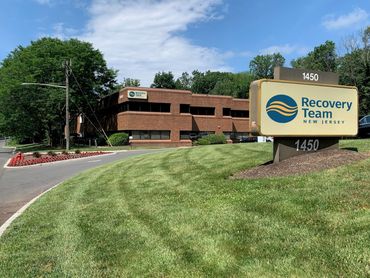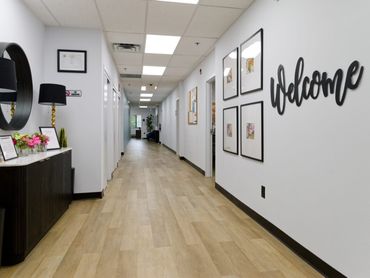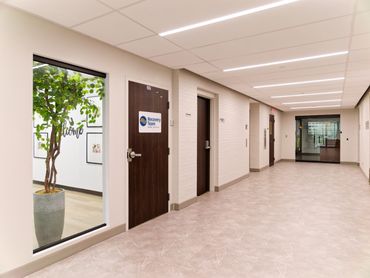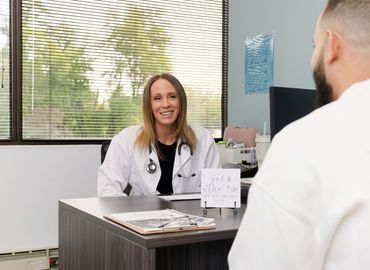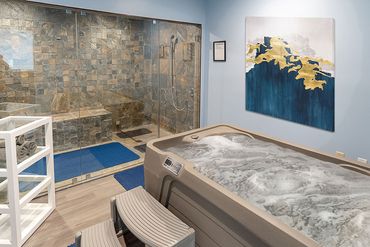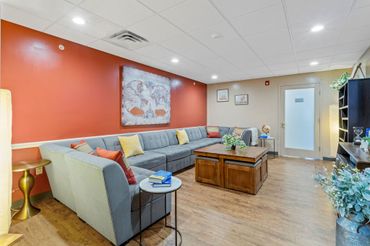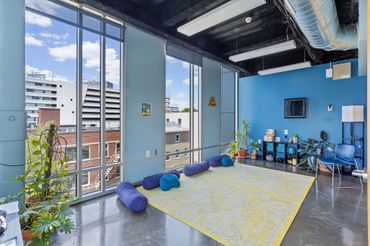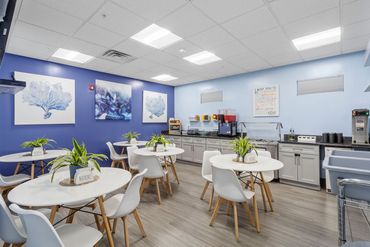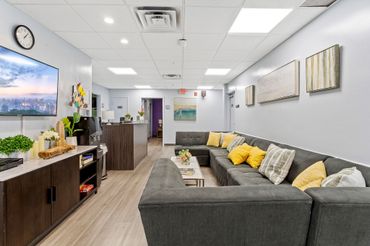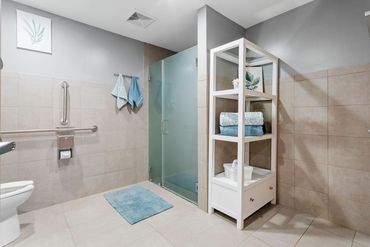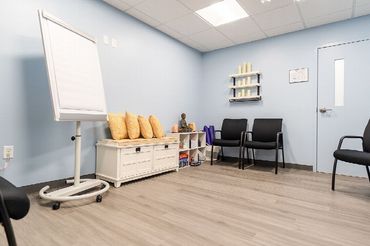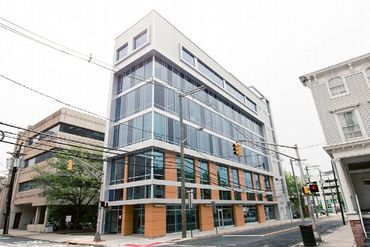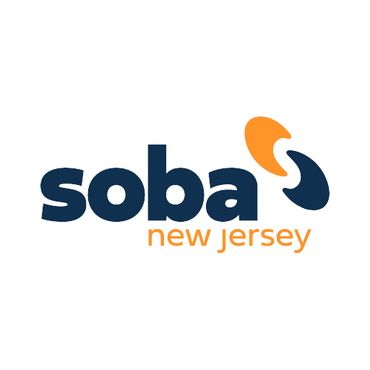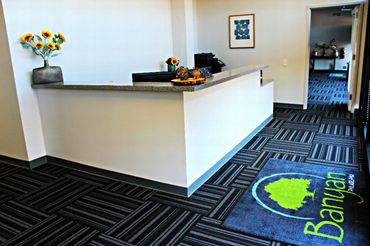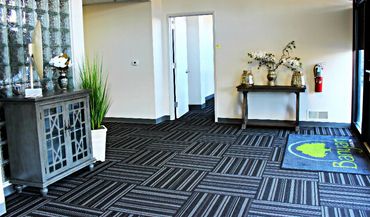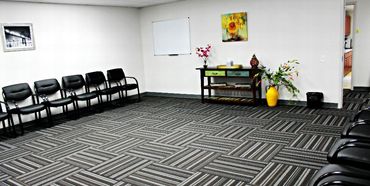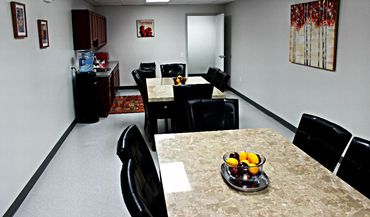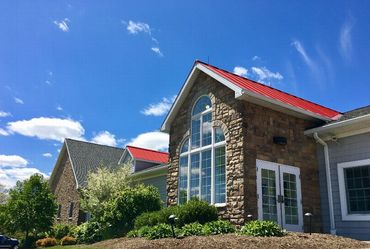
Drug & Alcohol Rehab Centers near Dover, NJ
When grappling with substance use disorder in Dover, New Jersey, embarking on the path to recovery is a crucial step towards reclaiming one’s life. Before taking this crucial first step, it’s vital to understand the available treatment options and payment possibilities to ensure a smooth and effective journey toward rehabilitation.
Treatment Centers near Dover, NJ
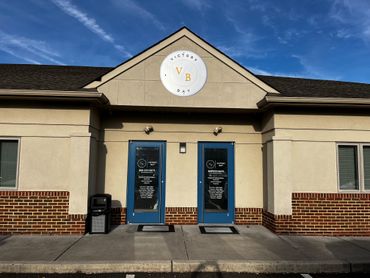
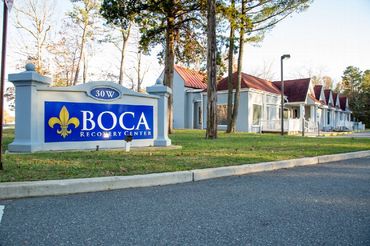

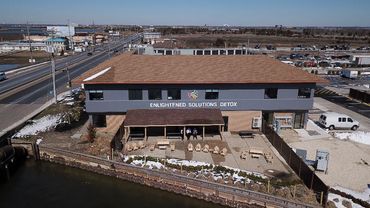

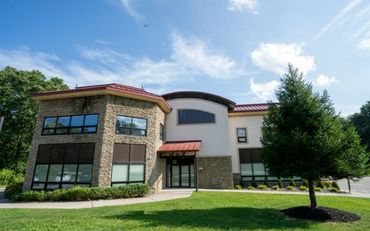
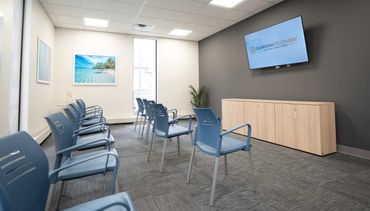
Open to Travel? Check out Top-Rated Options
All Treatment Centers near Dover, NJ
Are You Covered For Treatment?
- Newark Rehabs
- Cherry Hill Rehabs
- Toms River Rehabs
- Trenton Rehabs
- New Brunswick Rehabs
- Flemington Rehabs
- Paterson Rehabs
- Morristown Rehabs
- Camden Rehabs
- Paramus Rehabs
Information About Rehab in Dover
Latest Reviews
Latest Reviews of Rehabs in New Jersey
Excel Treatment Center
I would absolutely recommend this treatment center to anyone! I don't know where I would be without them.
Area Information
Nestled in Morris County, Dover, New Jersey, is a picturesque township known for its rich history and diverse culture. With a population of over 18,000 residents,1 it offers a welcoming and tight-knit community. Its central location in the state makes it accessible to various amenities, making it an ideal place for both visitors and residents.
Substance Misuse and Addiction in Dover, New Jersey
Substance abuse and addiction are prevalent issues not only in Dover, New Jersey, but also within Morris County, the county in which Dover is situated. According to the New Jersey Department of Human Services, statistics from 2021 revealed a total of 87,745 individuals received treatment across the state.2 Of these admissions, 1,217 were residents of Morris County, underscoring the significance of the problem within the local community.2
Drug and Alcohol Rehab
Rehabilitation facilities offer a wide array of programs and treatment options designed to aid individuals in their journey towards recovery. These programs cater to diverse needs and can be tailored to individual preferences and requirements, ensuring a comprehensive approach to addiction treatment.
What Happens in Drug and Alcohol Rehab?
Entering a rehab facility involves navigating multiple levels of care to address substance use disorder. These stages encompass detox, inpatient treatment, outpatient programs, and aftercare. Each stage is designed to cater to the unique needs and progress of the individual on their journey to recovery.
Detox Programs
Detoxification, often the first stage in addiction treatment, plays a critical role in helping individuals safely navigate the withdrawal process. The aim of a detox program is to rid the body of harmful substances while addressing the physical and psychological symptoms of withdrawal. These programs are conducted under the careful supervision of medical professionals who may administer medications to alleviate the often uncomfortable and sometimes dangerous symptoms of withdrawal. Detox is a pivotal phase, as it provides a solid foundation for further treatment by ensuring that individuals are physically stable and ready to engage in the therapeutic aspects of recovery.
How Long Is Detox in Rehab?
It is important to note that the duration of detox varies from person to person, typically lasting between 3 to 7 days, although it can extend longer depending on individual needs. The length of detox is influenced by factors such as the substance of abuse, the individual’s overall health, and the severity of their withdrawal symptoms.
Inpatient Drug and Alcohol Rehab
Inpatient drug and alcohol rehab programs offer individuals a highly structured and immersive treatment environment, designed to provide comprehensive care while minimizing external distractions. Individuals in these programs reside at the facility and receive 24/7 medical and emotional support.
Inpatient treatment typically consists of various therapy sessions that address the underlying causes of addiction and teach essential coping skills. Group therapy is particularly valuable, as it fosters a sense of community and shared understanding among participants. These programs are highly effective in addressing co-occurring disorders, where individuals may struggle with addiction alongside other mental health conditions. While 30-day programs are the most common, inpatient treatment can be extended to 60 or 90 days based on the patient’s specific needs and progress.
Outpatient Drug and Alcohol Rehab
Outpatient drug and alcohol rehab programs offer individuals the flexibility to continue with their daily lives while receiving treatment. These programs are designed for those who have completed inpatient treatment or for those with milder addiction issues. Outpatient programs provide therapy and education about addiction, relapse prevention, and aftercare strategies.
The tools and skills learned during outpatient treatment are invaluable for maintaining long-term sobriety. Individuals attend scheduled therapy sessions, which may be held in a group or one-on-one setting, allowing them to benefit from professional support while still meeting work, family, and personal commitments.
How Much Does Rehab Cost?
The financial burden of rehab can be daunting, but it should never be a deterrent to seeking help. There are various options available to assist with the cost, such as:
- Payment Plans
- Government Grants and Scholarships
- Free Rehab
- State-Funded Rehab
Does Insurance Cover Drug and Alcohol Rehab?
Many insurance plans cover at least a portion of rehab costs. Drug rehab insurance can significantly alleviate the financial burden, making quality treatment more accessible. Widely accepted insurances include:
Finding The Best Rehab Center
Dover, New Jersey Drug and Alcohol Rehab Facilities
While seeking treatment in Dover, New Jersey is an option, it’s often recommended to explore out-of-state facilities to minimize distractions. Our rehab locator tool can help you find the best treatment facility, whether in New Jersey or elsewhere, tailored to your specific needs.
Sources
- United States Census Bureau. Dover, New Jersey. July 1, 2022.
- Department of Human Services. Substance Abuse Overview 2021: Morris County. July 2022.
